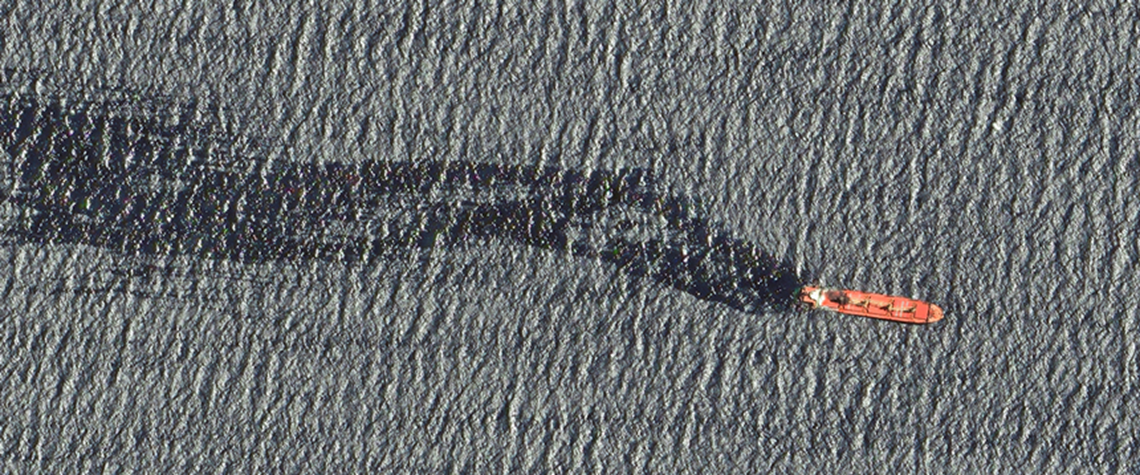Letter from London: IE Week highlights east-west splits
Houthi actions in the Red Sea are compounding the market dislocations stemming from sanctions
International Energy Week (IE Week) in London in February took in a wide range of topics, while once again maintaining a strong focus on the energy transition. And after a number of related industry events were disrupted by climate change protesters in 2023, this year the IE Week organisers sought to head off such disturbances by including protest group members on panels and sessions. But other forms of division also became starkly apparent during the event, as various presentations and speakers demonstrated how a combination of Mideast conflict and ongoing sanctions have effectively split key energy sectors into separate—or at least partially disconnected—markets. The Houthi interdictions i

Also in this section
17 February 2026
The 25th WPC Energy Congress, taking place in Riyadh, Saudi Arabia from 26–30 April 2026, will bring together leaders from the political, industrial, financial and technology sectors under the unifying theme “Pathways to an Energy Future for All”
17 February 2026
Siemens Energy has been active in the Kingdom for nearly a century, evolving over that time from a project-based foreign supplier to a locally operating multi-national company with its own domestic supply chain and workforce
17 February 2026
Eni’s chief operating officer for global natural resources, Guido Brusco, takes stock of the company’s key achievements over the past year, and what differentiates its strategy from those of its peers in the LNG sector and beyond
16 February 2026
As the third wave of global LNG arrives, Wood Mackenzie’s director for Europe gas and LNG, Tom Marzec-Manser, discusses with Petroleum Economist the outlook for Europe’s gas market in 2026







